A Guide to Metabolite Annotation: A Mini-Series (Part II)
Collision Cross Section Data
Confident MS-based metabolite annotation requires experimental data that supports a specific molecule or class of compound. A high-resolution high-mass accuracy measurement is the first filter to determine metabolite candidates, and fragmentation (MS/MS) measurements are necessary to provide product ion knowledge that can help assign structural information.
For some isomeric small molecules, however, fragmentation data can be non-diagnostic. Retention time measurements obtained from liquid chromatography may resolve isomeric species, but in some cases, co-elution remains a concern. Ion mobility collision cross sections often provide additional confidence for isomeric, co-eluting species, by rendering orthogonal data to support annotations.
As such, members of the McLean Research Group and CIT have developed a collision cross section compendium to increase confidence in identifications and narrow the chemical search space for the small molecule omics community: https://pubs.rsc.org/en/content/articlelanding/2019/SC/C8SC04396E#!divAbstract
Figure adapted from Nichols CM et al. Anal Chem. 2018 Dec 18; 90(24): 14484–14492.

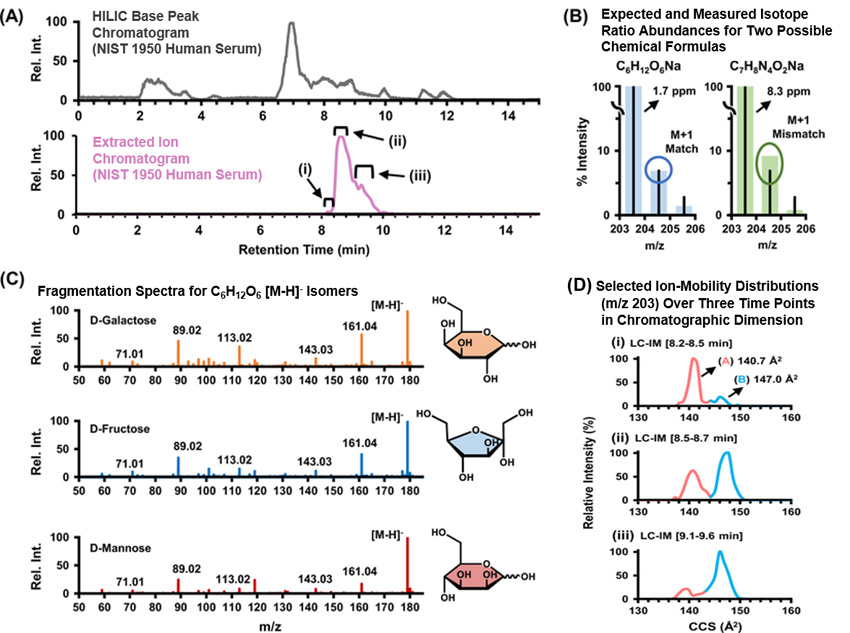
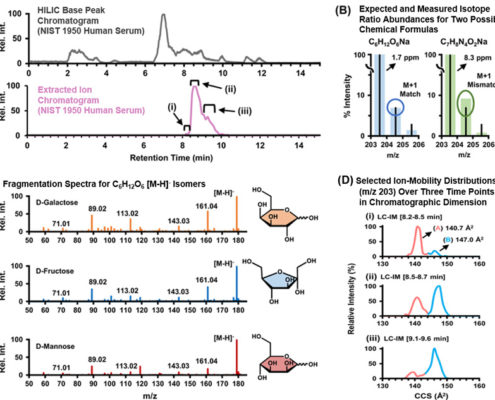
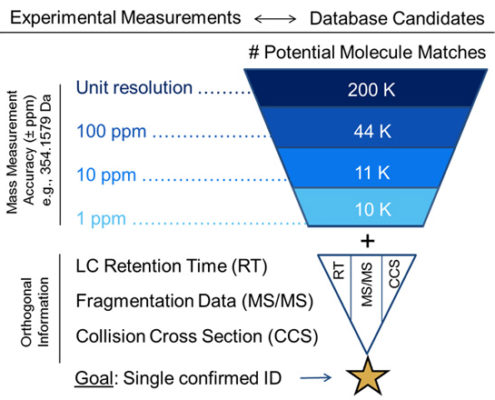
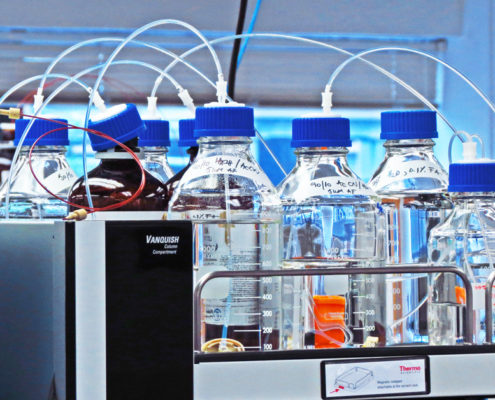
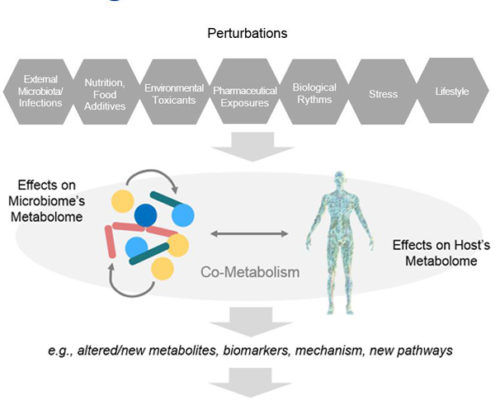

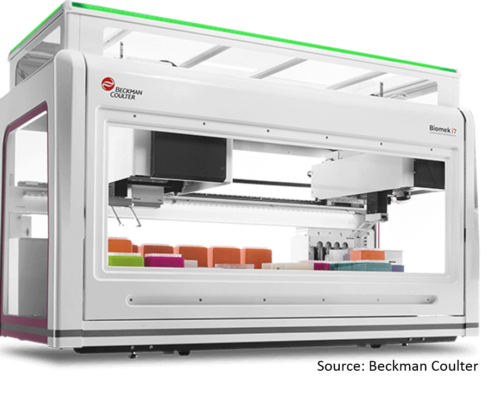
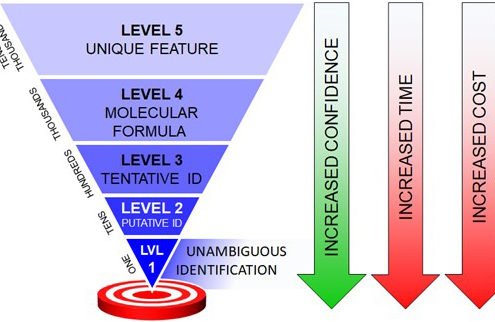
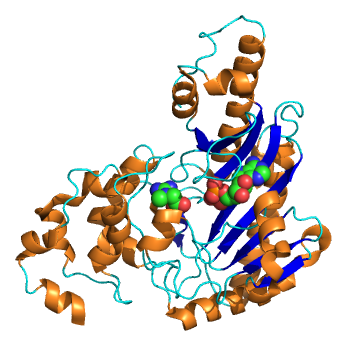

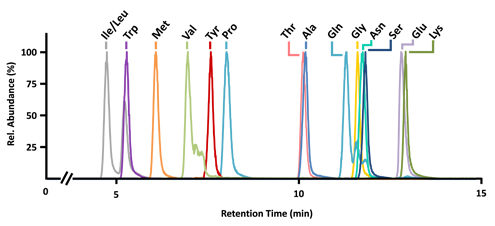

 Follow Us
Follow Us